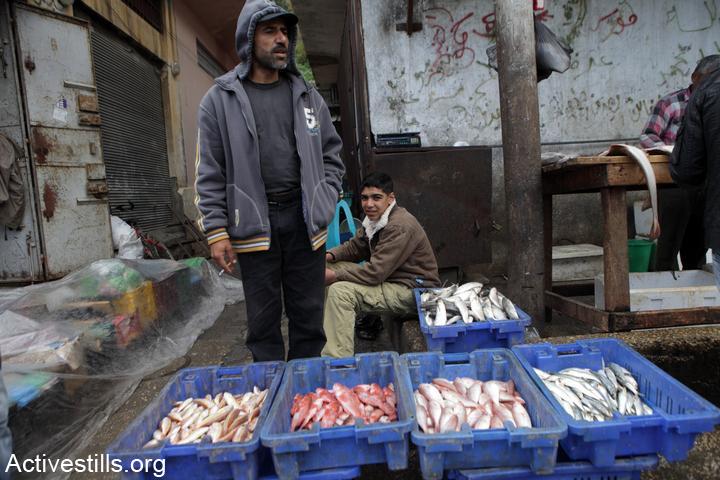If Defense Minister Liberman, along the entire political and military echelon, know the extent to which Gaza’s residents are suffering, why do they insist on using that suffering as a bargaining chip?
By Rachel Beitarie

Something strange happened in the middle of last week: Israeli Defense Minister Avigdor Liberman decided to give an interview to the Palestinian daily, Al-Quds, in which he spoke about the solutions to the challenges facing the Gaza Strip. In short, he proposed rehabilitating the Strip, which would include the building of a port, an airport, and industrial zones. All this in exchange for full demilitarization.
“If Hamas puts an end to digging tunnels, arming itself, and firing rockets,” Liberman said, “we will end the blockade and build a port and an airport ourselves.” Later in the interview, the defense minister threatens Gaza with another round of fighting and killing — only that this time the extent it will be unprecedented and final. Two things are clear from the interview: Liberman, along the entire political and military echelon, know full well about the hardships facing Gaza’s residents. The second is that Liberman sees these hardships as a bargaining chip.
Rights — not benefits
Let’s be clear about one thing: the freedom of movement of Palestinians in Gaza — as well as their right to make a living, trade, enter and exit the Strip, maintain family ties, attend university — to lead normal lives — are not subject to negotiations. These are not carrots to be doled out for good behavior — they are basic rights to which every person is entitled.

The interview further shows Liberman insistence on implementing a semi-new policy of turning directly to the Palestinian public, all while bypassing its recognized leadership — a tactic that is slowly being used more often by Coordinator of Government Activities in the Territories (COGAT) on Arabic-language social media. Liberman’s casual threats/promises vis-a-vis the residents of Gaza reveal precisely what we at Gisha have always argued: Israel controls many aspects of daily life in the Gaza Strip, and these days that control is especially tight. One cannot claim that “we left Gaza” when Israel continues to hold on to the keys; Liberman is doing little to contradict that claim. On the day after the interview was published, Yair Lapid jumped on the bandwagon and sided with the defense minister.
The intuitive desire to draw a connection between calm on the border and the demand for demilitarization is praiseworthy. Upon closer examination, however, Liberman’s statements are cynical and outrageous, especially when considering the fact that the defense minister continues to hold two million Palestinians under inferior conditions as a bargaining chip in his political game. In other words: collective punishment.

For now the reality on the ground reveals an inconsistent policy. On the one hand COGAT takes pride in allowing the limited marketing of goods from Gaza to Israel and the West Bank, and has now announced that the fishing zone will likely be expanded for a limited period of time. Meanwhile Israel’s “security considerations” limit the movement of the few Gazans who do meet the criteria for requesting an exit permit through Erez Crossing. Teenage girls who want to study abroad discover that they cannot even travel to the consulate for their visa interview, while women are forbidden from visiting their sick relatives in the West Bank.
Meanwhile Israeli authorities revoke travel permits from businessmen and merchants without providing any explanation, while the entry of goods are delayed, and materials that would allow Gaza to have a functioning economy are forbidden due to arbitrary security considerations that remain unexplained by the authorities. The Strip’s economy, therefore, is destined to continuing flailing, all while the international consensus — which includes Israel — believes that a flourishing economy is a condition for regional stability.
It is important that the political establishment in Israel recognize its power to significantly improve conditions in Gaza. It is unfortunate that the willingness to work toward improving those conditions comes with stipulations, and is not based in an understanding that the residents of Gaza deserve the same basic rights that Liberman — and all Israelis — deserve.
Rachel Beitarie is the Media Coordinator for Gisha — Legal Center for Freedom of Movement. This article was first published in Hebrew on Local Call. Read it here.

